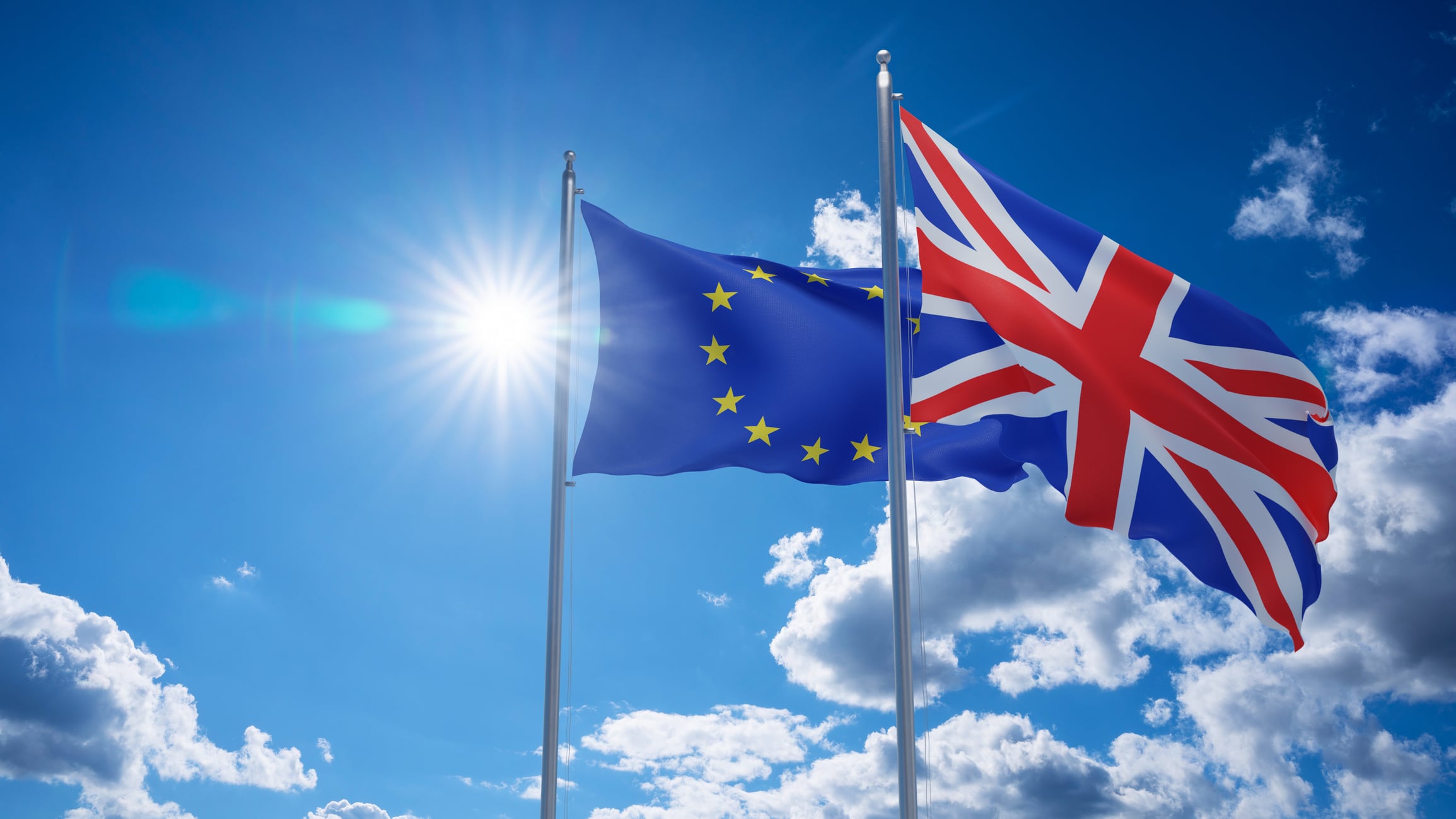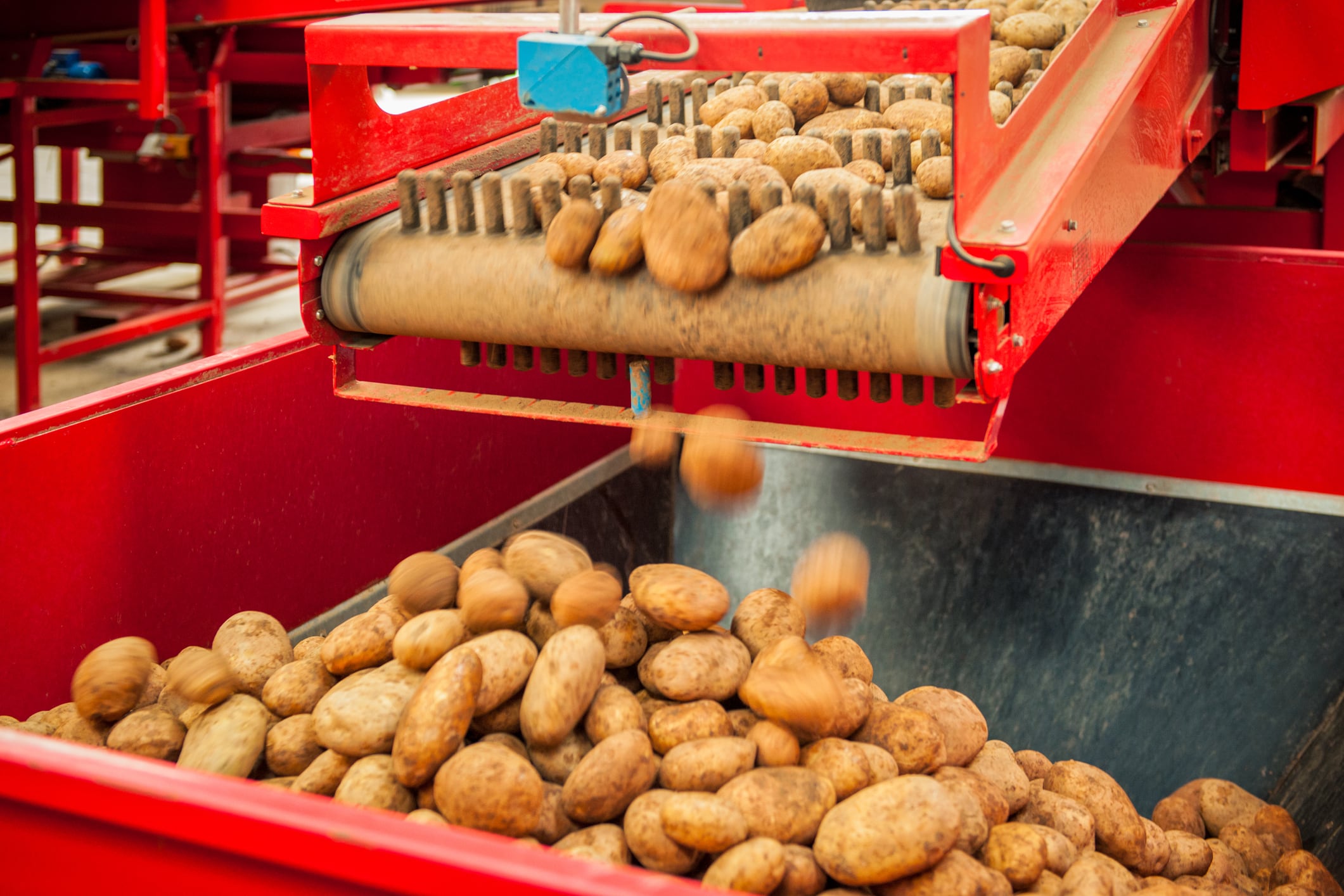The new trade deal between the UK and EU, which was first announced on 19 May, included a sanitary and phytosanitary (SPS) agreement that the UK Government said will make it easier for food and drink manufacturers to import and export goods.
The agreement covers sanitary, phytosanitary, food safety and general consumer protection rules which will be applicable to the production, distribution and consumption of agrifood products. As part of this agreement, the EU has said that moving forward all of its relevant rules will apply to UK goods.
This comes just a week after the secondary legislation required to fully implement the Genetic Technology (Precision Breeding) Act 2023 was voted through parliament – the accompanying Genetic Technology (Precision Breeding) Regulations 2025 had been due to come into force on 13 November 2025, albeit while only applying to England.
“Both the EU and the UK have taken steps to reforming the regulatory framework for gene editing in plants,” Vickery told Food Manufacture.
“In the UK, the introduction of the Genetic Technology (Precision Breeding) Act 2023 and the proposed implementing regulations aims to allow for quicker market entry for gene-edited plants used in food and feed.”
However, with this EU deal now agreed, Vickery believes that the timeline on the introduction of new gene editing regulations may need to be pushed back.
“For gene editing, [the deal] will likely mean a pause on the UK’s progress, in a bid to align it with EU standards once they have been agreed,” she explained.
“Dynamic alignment with the EU does not mean that gene editing in the UK will never happen, but it seems likely the pace will be slower than anticipated and the deregulatory approach is likely to be subject to change.”
While this may come as disappointing news to some, Vickery believes that the deal may prove beneficial for business operating in both the UK and EU in the longer term.
“Harmonising the regulatory frameworks would simplify the process of placing gene-edited products on the market, as businesses would only need to navigate the one framework,” she said.
“The EU is also seeking to adopt a more flexible approach to regulating gene-edited plants. However, progress has been slow, partly due to a controversial proposal by the European Parliament to ban patent rights for gene-edited plants, which has faced substantial resistance. There are differences between the negotiating positions of the European Commission, Parliament and Council, which could be a sign that the trialogue process will be slow.”
Although the agreement has been officially announced, Vickery explained that much more will emerge as the details are released and ongoing negotiations come to a close.
“We can only be more certain of the outcome for the UK’s gene editing regime once the specifics of the agreement are clarified,” she said.
“However, with dynamic alignment being the main focus of the agreement, the UK will be required to follow the EU’s rules, which as they currently stand, differ from the UK regime.
“Additionally, the implementing regulations are set to come into force in November. If an agreement is not reached by then, it is anticipated that the government may delay their enactment in light of the newly announced SPS agreement.”
Finally, Vickery urged manufacturers to understand the requirements of EU regulations and look at areas where they don’t comply.
“The agreement does not explicitly detail the specific restrictions on manufacturers,” she said.
“While the specifics are yet to be determined, this essentially means that manufacturers – many of whom likely already comply with EU regulations if they trade with the EU – will need to ensure they are complying with EU standards.”





